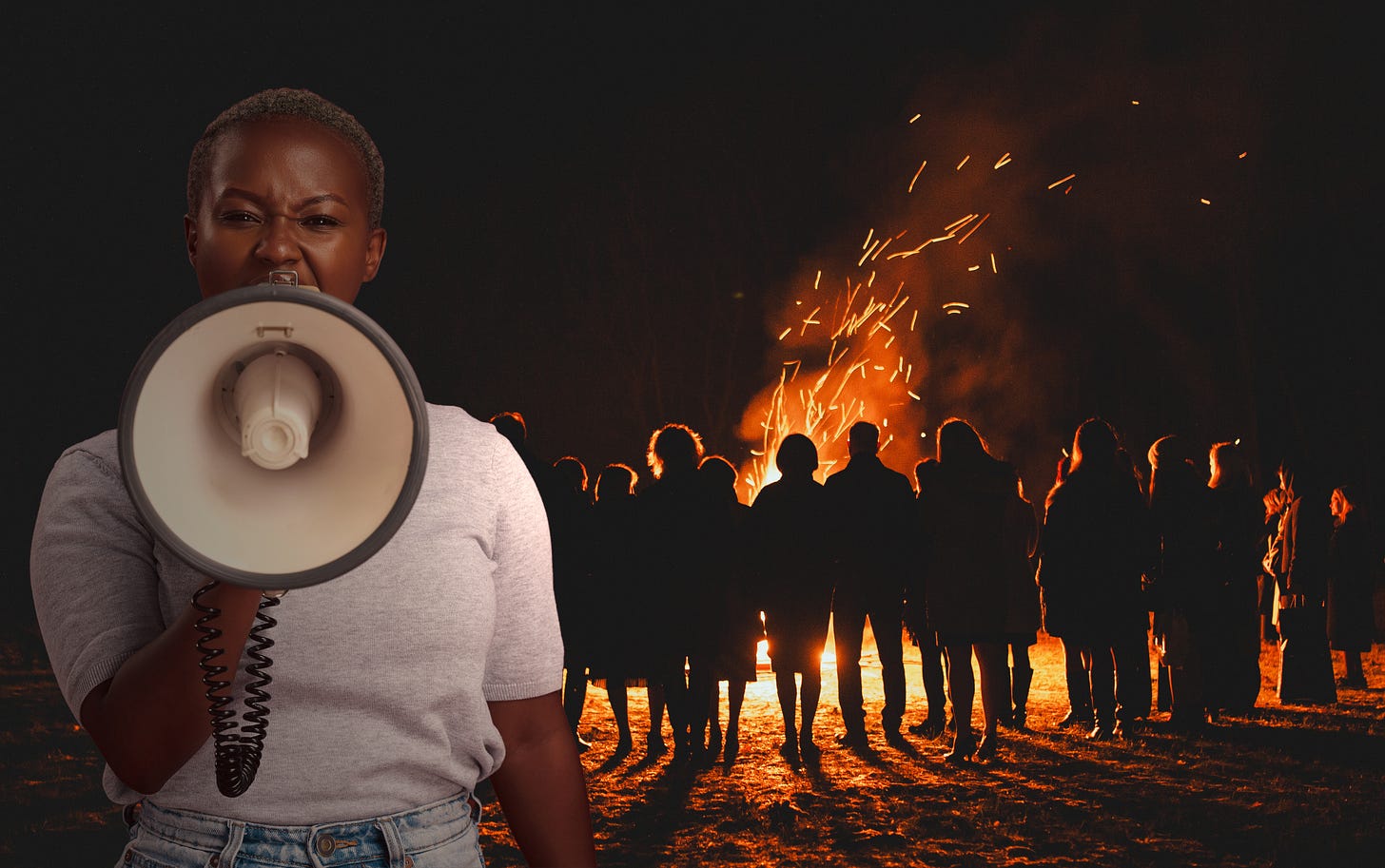Tell-It Report: Trump’s Medicaid Cuts Could Have Long-Term Impact on Black Children, Advocates Say
Nearly 60% of Black youth in the U.S. rely on Medicaid, according to a recent NAACP report.
In Gullah Geechee communities, a "tell-it" was a designated lookout, community warning system and the most trusted source for news and information. The Tell-It Report is ContrabandCamp’s weekly roundup of the Black stories that deserve more attention — from politics to entertainment.
The Trump administration’s looming Medicaid cuts…





